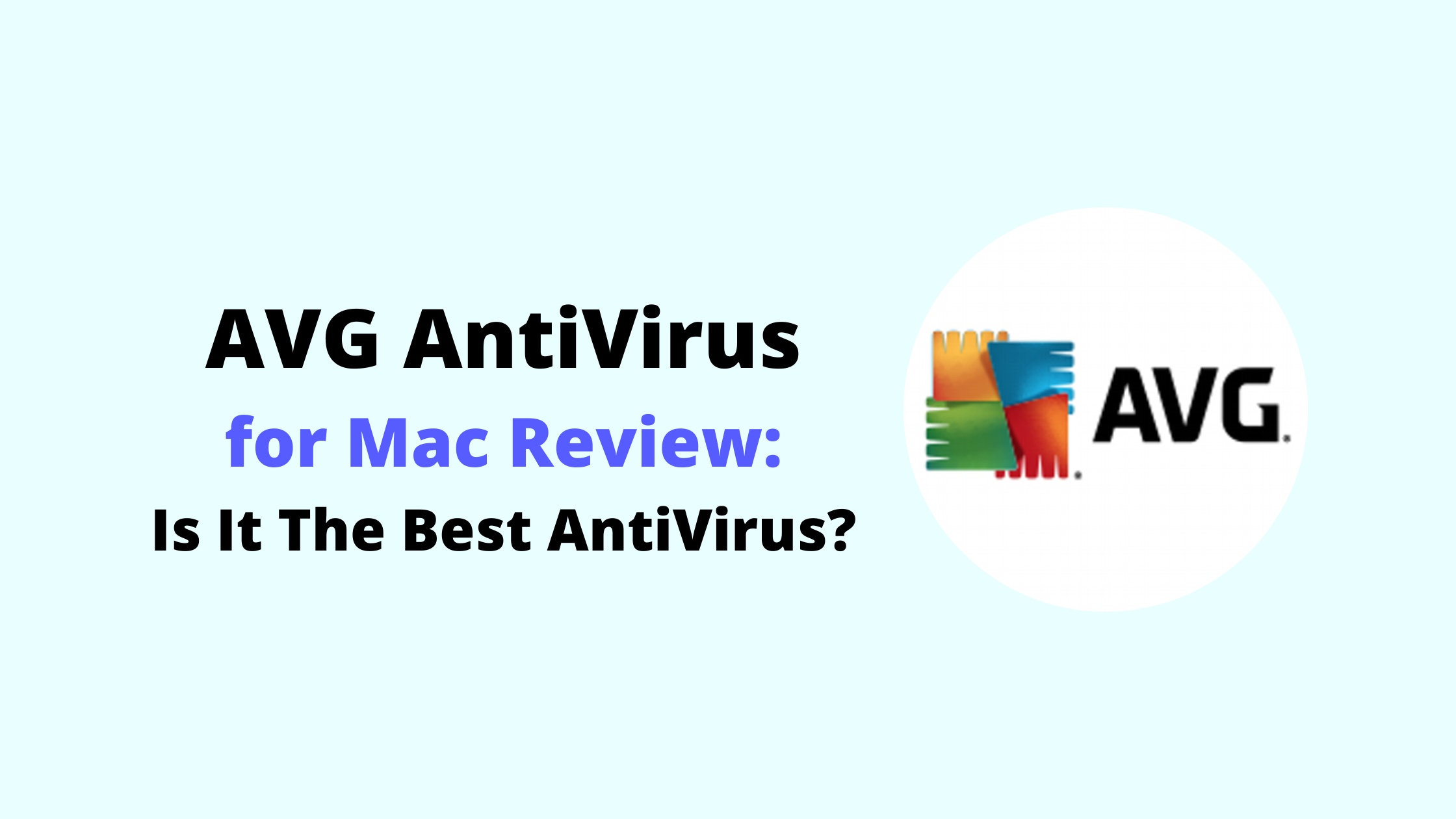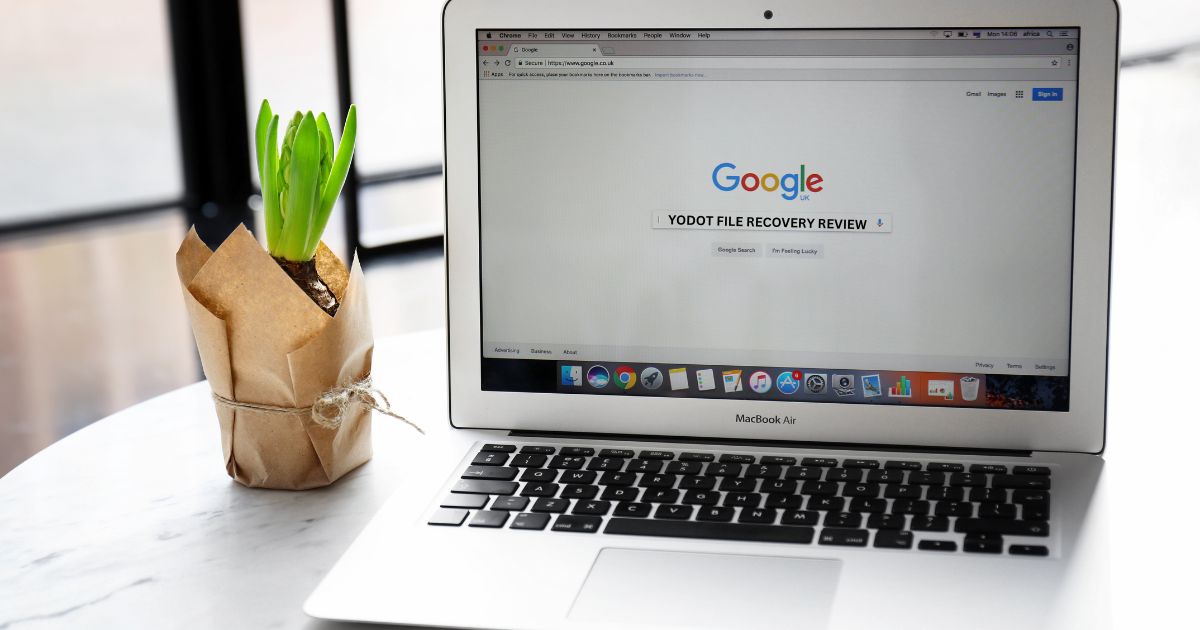Virtual private networks, commonly known as VPNs can be useful to improve your privacy and security on the internet. If used correctly, VPN services for Mac will allow you to access websites or services that would normally be inaccessible due to region-locking.
The input text is professional in tone with precise vocabulary such as “abuzz,” “net neutrality” and phrases like ‘can greatly strengthen.’
VPNs are becoming a necessity for Mac users who want to protect their privacy and online freedom. They’re also great if you live in an area where the content being offered doesn’t match your tastes or needs, as it can be hard enough trying find something close at hand let alone on Netflix!
The language of this passage was more formal than necessary for an introduction into what a virtual private network (VPN) is. It may not engage readers who are newbies, when it comes down using technology products online.
Whether you are at home, work or on-the go; a VPN can help provide the security and privacy that your internet connection deserves.
Make your choice easier by reading our reviews of the top VPN services for Mac. We’ve done extensive research and testing for you, so all you have to do is pick a service that suits your needs!
The Best VPN services for Mac 2021
- NordVPN: Best overall
- Mullvad VPN: Best for security/privacy
- ExpressVPN: Fastest VPN
- AirVPN: Best VPN for power users
- FastestVPN: Best VPN for newbies
You can even do your own shopping and we’ve got you covered. Our reviews offer complete summaries of our in-depth testing and pick recommendations for VPN providers. With enough information allows you to make an informed decision on which one is best suited for your needs.
Best VPN overall for Mac
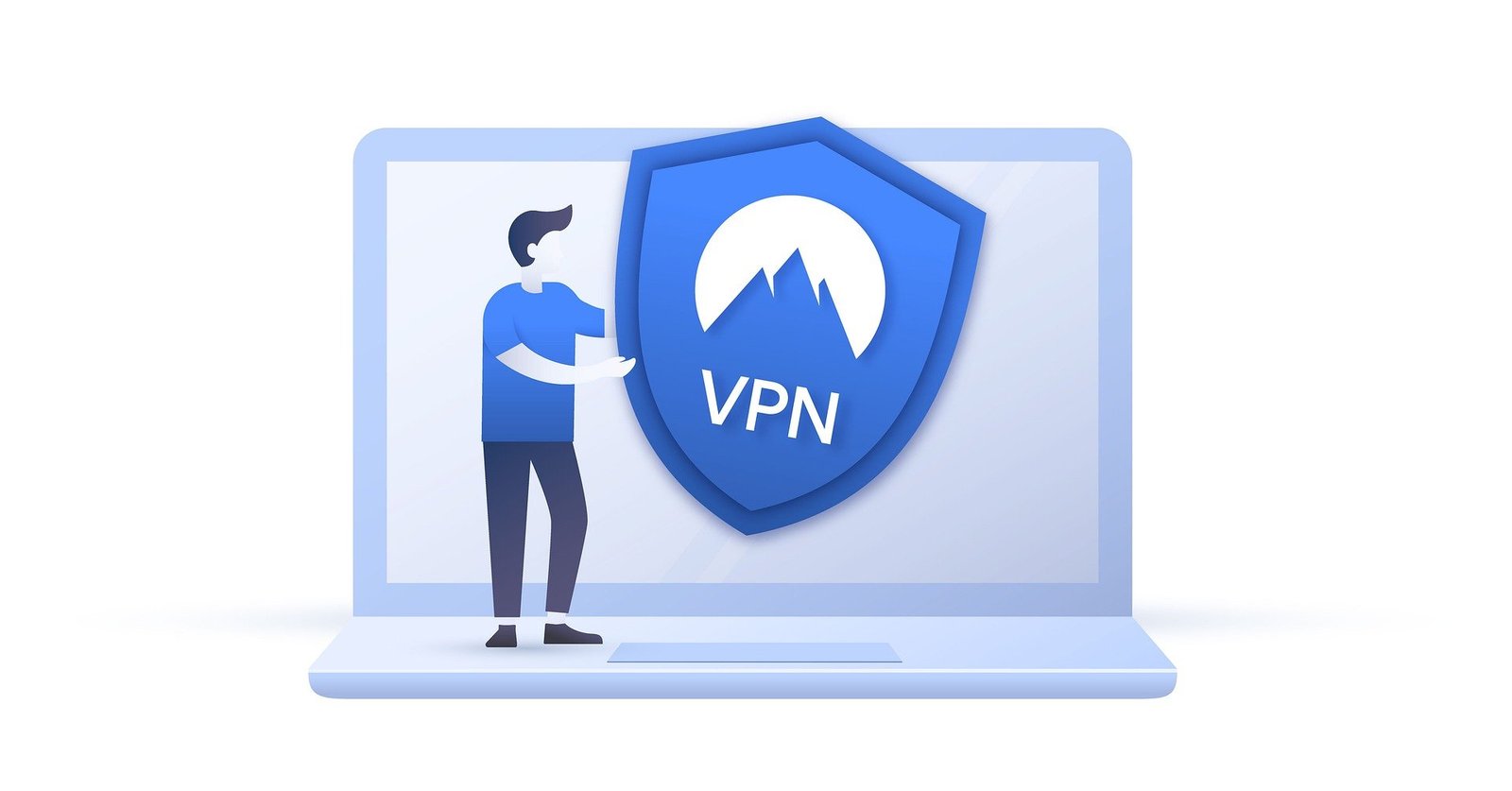
Do not be surprised when you start using NordVPN, and it remains the favorite of Mac users. If all you care about is maintaining privacy and anonymity as much possible online, then NordVPN is the best.
The input gives details on why people love NordVPN service while also explaining that they remain top choice for Macs. The output uses more descriptive words such as “it’s hard,” “you will fall,” etc., which brings out how passionate we are about this product.
NordVPN is a VPN provider that has 3,000 servers spread across over 60 countries. Also, while also offering above-average data encryption and an easy interface to use for new users.
This input can be summarized by saying NordVPN offers these features in addition to being able to spoof locations with the help of its server network.
Best VPN for security/privacy on a Mac
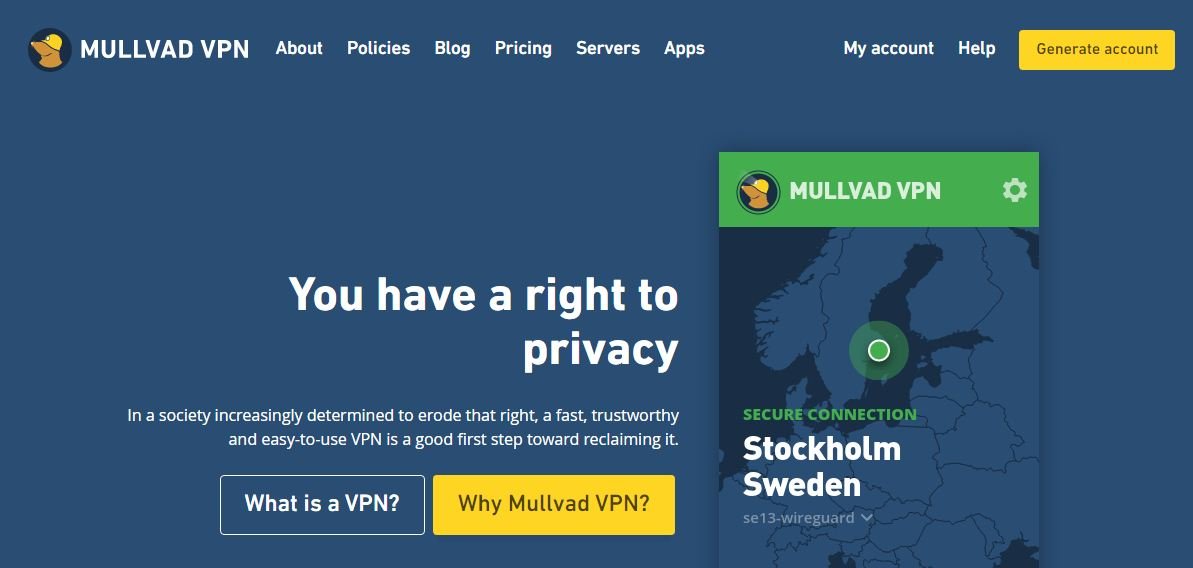
Mullvad VPN services for Mac is the best choice for protecting your privacy and anonymity online. The service runs its own VPN network with a strict no-logs policy.
It doesn’t require an email address or name at signup, and allows you to pay in cash if desired. The VPN has some of the most thorough protections against leak tests out there. All great things that show how seriously it takes user protection!
You won’t find any additional features like special Netflix support on Mullvad VPN (but not everyone needs this). But anyone concerned about protecting themselves should definitely check them out!
Mullvad is your go-to source when looking for someone serious about keeping your private information safe while browsing. With no identifiable details required during account registration.
Fastest VPN overall for Mac
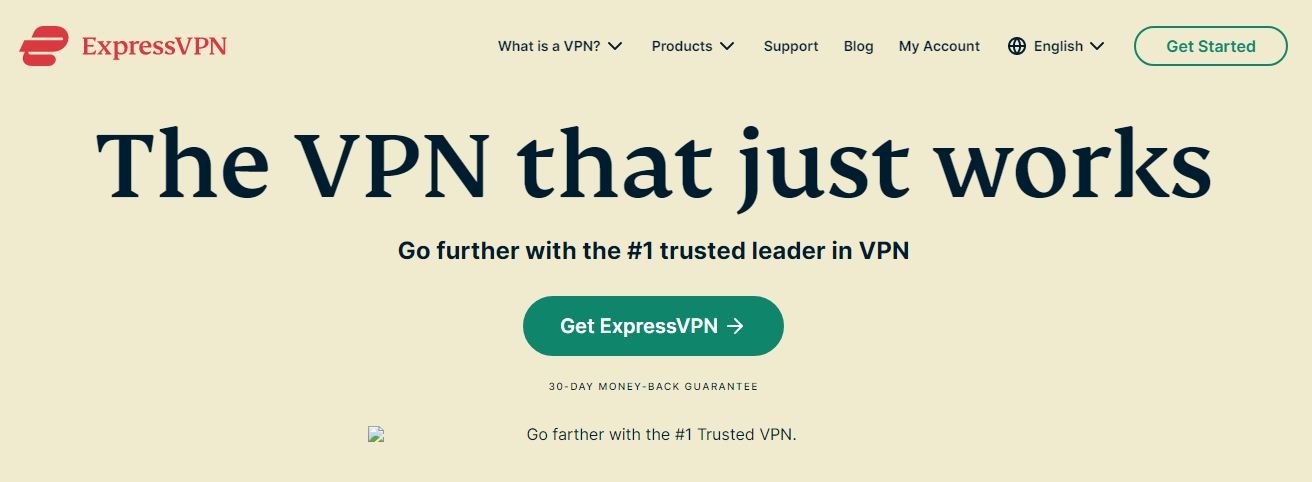
With excellent speeds across the board, ExpressVPN is one of our top choices for a VPN. If you want fast servers that with high speed or reliability, then this would be an ideal choice.
The latest version of ExpressVPN has by far the best overall connection speeds we’ve seen. Its performance in every major region we tested was excellent including Europe, the U.K., and Asia which are all important regions today given how mobile driven these countries have become over time.
ExpressVPN is expensive but considering what they offer it’s more than worth its price tag if your looking at connections around Europe ,the uk ,or asia especially since most other VPNs tend not to perform as well int these regions.
If your looking to connect in the United States then this is also a good choice but you would want to consider IPVanish or PIA as I’ve seen better speeds with those two.
Fastest VPN for other countries
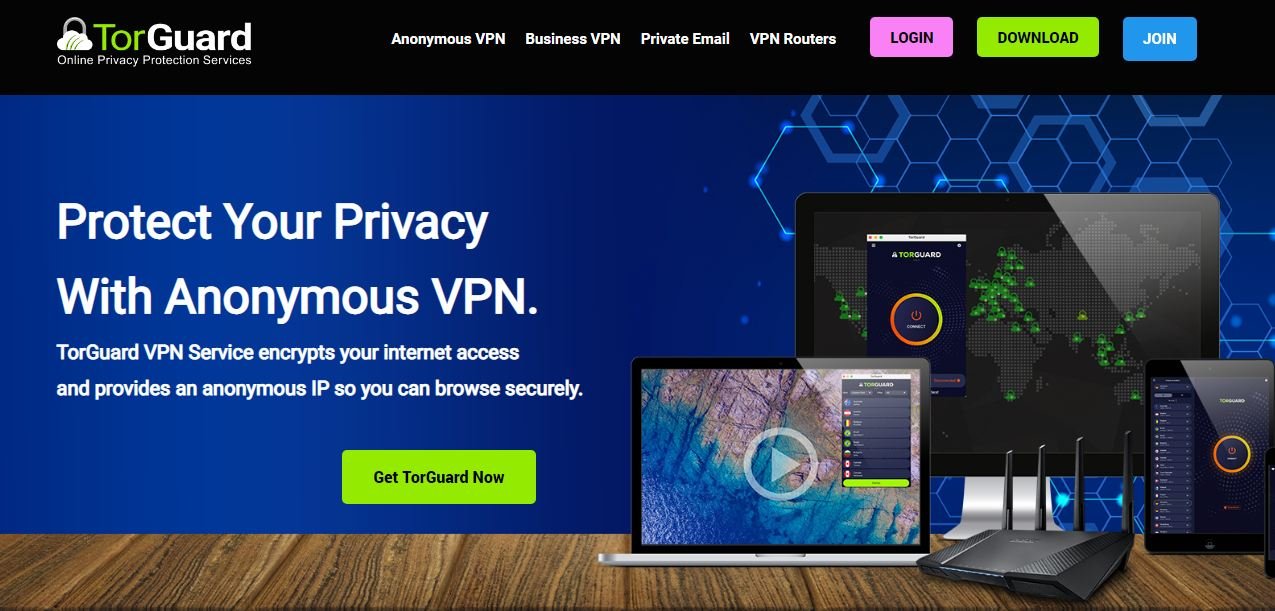
Connecting to servers in other countries is a great way for you to retain your business’s competitive edge. We have found the following options are fast and can connect with ease:
If you want to keep up with competitors while still retaining high quality, we recommend connecting through these VPN services. These VPN services provide an array of speedy connection speeds based on location.
- UK: TorGuard welcomes P2P file sharing on its VPN servers with open arms. They have some of the best connection speeds to United Kingdom servers that we’ve seen so far!
- Europe: TunnelBear took first place in European connection speeds and was a close second when it came to user privacy. However, we were concerned with TunnelBear’s ambiguous server numbers.
- Asia: SaferVPN’s ability to connect users with servers in Asia is what made us so impressed.
While we weren’t thrilled about SaferVPN allowing P2P file sharing on a single server, or the fact that it has strict logging policies, its connection abilities are top of the line and make up for these downfalls.
Oceania: If you want reliable VPN servers to connect with down under, CyberGhost is the way to go.
Best VPN for power users
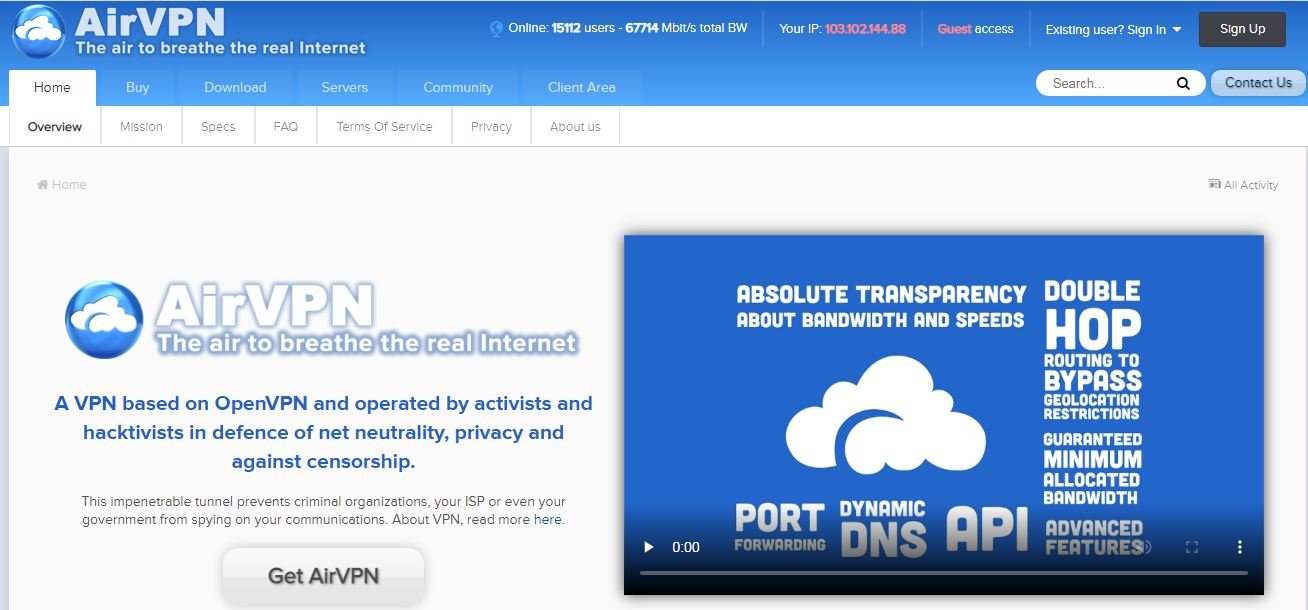
AirVPN is known for its transparency, having detailed information about the VPN’s infrastructure. The AirVPN website has an easy to understand map that illustrates how many servers are present in each country and what kind of protocols these use.
While this level of detail may be confusing or overwhelming for some users, it can provide all the control you want over your connection. Thereby, showing which countries have high-bandwidth capacity at any given time .
AirVPN is the best choice for power users because it offers a ton of information about each possible server connection.
This allows people to pick and choose between specific servers based on their current load, number of users on the server, or ping time.
You could even monitor network trends to get an understanding of which connections will perform best at a given time of day.
For this reason, we think power users will be happiest with AirVPN as its pricing is reasonable. Privacy promises are what they should be while still offering good design choices through user interface that won’t win any design awards. But it does offer large amount if info about all options available within app itself.
Best VPN for newbies
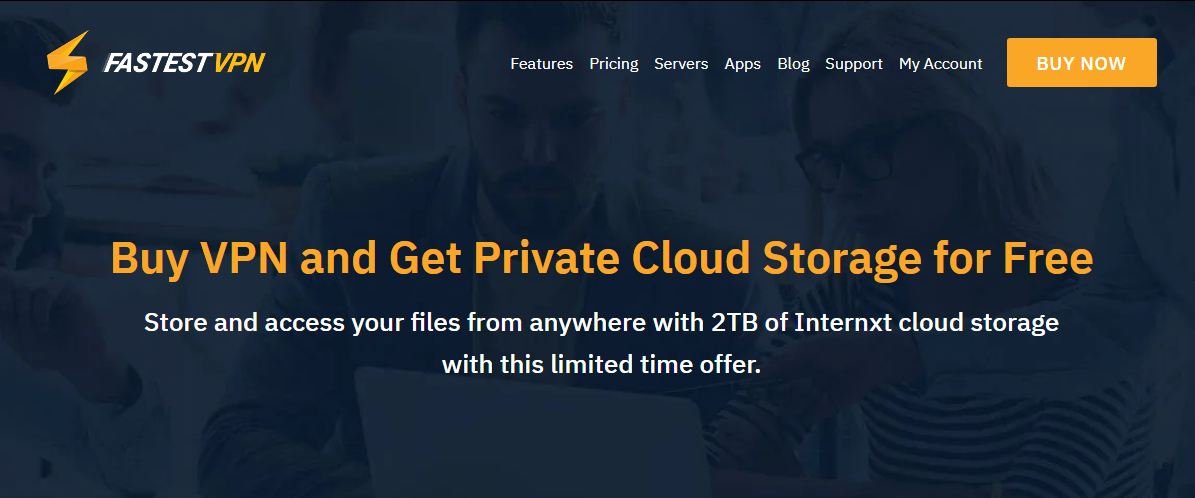
This easy-to-use, attractive VPN app is a great option for new users. FastestVPN’s straightforward and uncluttered design makes it perfect even if you are not familiar with the technology behind VPNs.
Additionally, its speediness ensures your browsing experience will be pleasant. While its expansive network allows you to get more coverage wherever in the world that might take you. Lastly, its privacy policy promises what all internet users want – anonymity online!
This easy-to-use and uncomplicated app is an excellent choice for VPN beginners because of how simple yet comprehensive this interface looks.
The user can enjoy high speeds on their connection. Thanks to fast performance as well as having access across multiple countries due to the extensive.
How we tested VPNs?
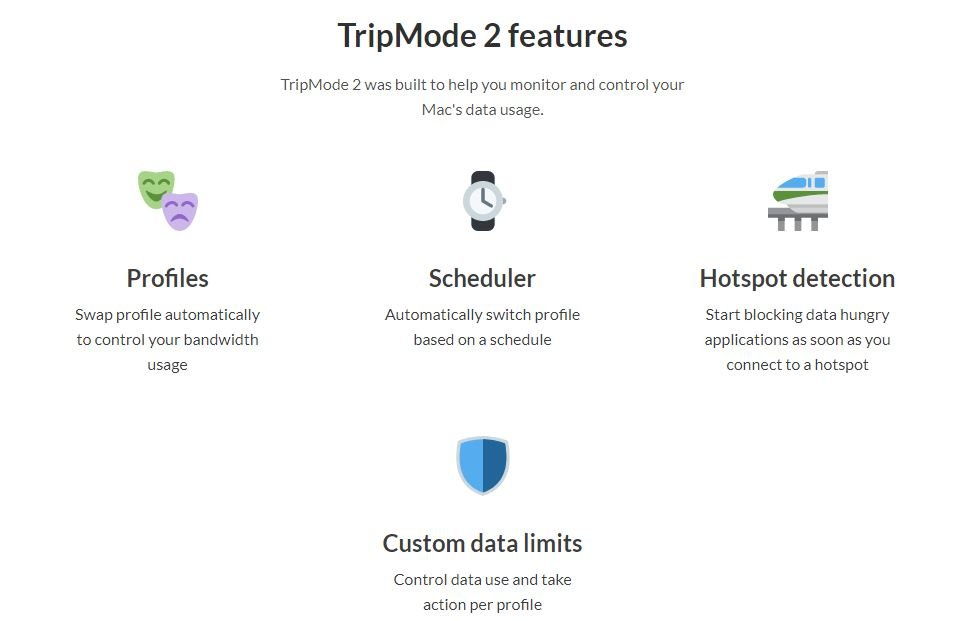
To measure the speed of a VPN’s internet connection, we test its upload and download speeds to servers located in North America, Europe, Oceania and Asia over an ethernet connection with 100 Mbps. We conduct these tests at three different times: morning afternoon, and evening.
The internet speed test I conducted was to determine the upload and download speeds of my Mac. To ensure a good reading, I closed all background processes on my computer using TripMode.
This allowed Ookla’s tests to capture accurate data without being influenced by other programs that may be running at the time in foreground or background processing mode.
The output from these three rounds of testing were averaged together for an overall score with corresponding grade level range (A through F).
A VPN service should be recommended to you based on the following factors:
- the number of countries it offers servers in,
- total worldwide server count,
- and price.
What’s a VPN?
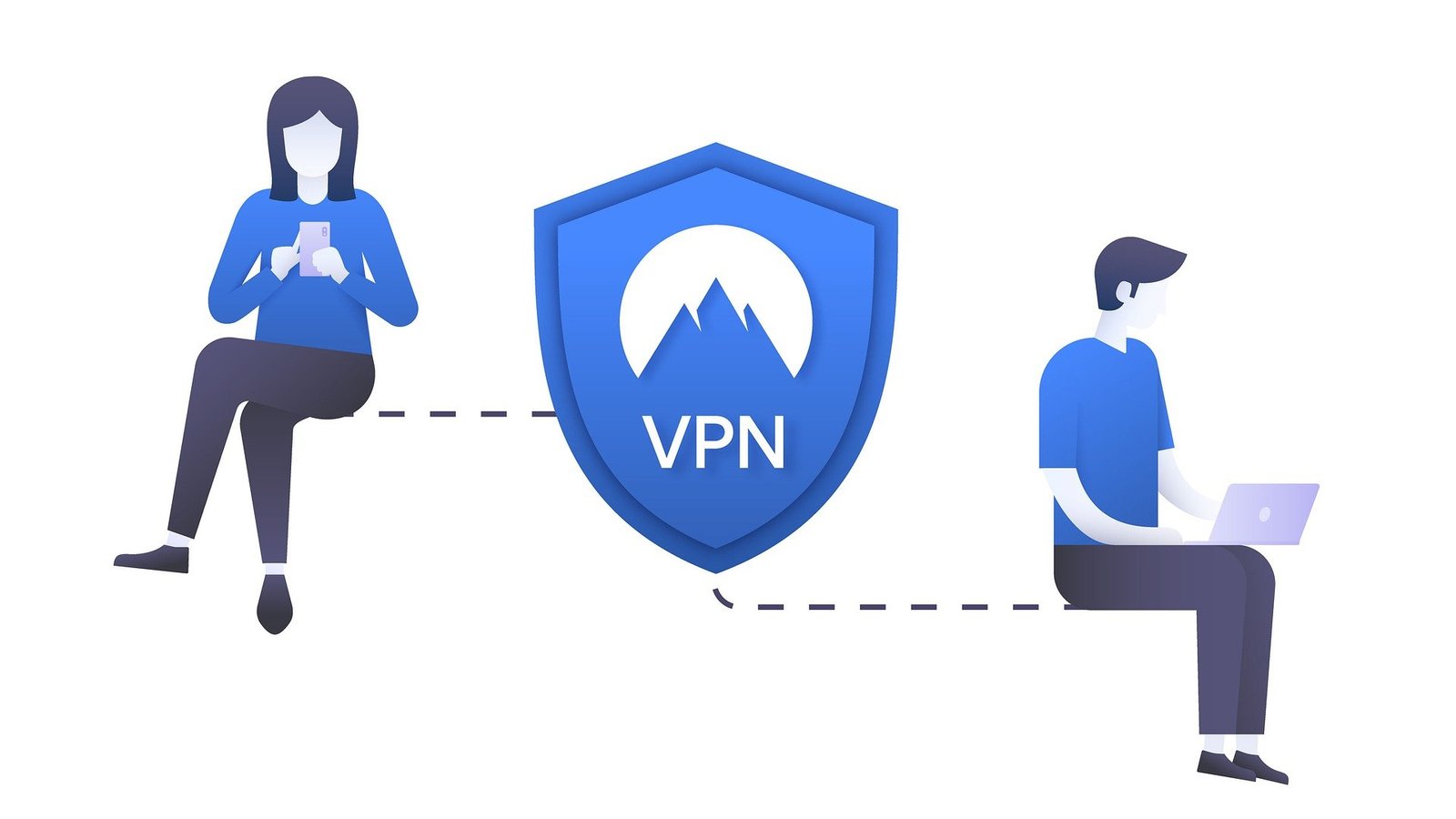
VPNs are Virtual Private Networks. They allow you to connect your computer or smartphone securely and anonymously (effectively hiding your online activities) when accessing the internet.
This is done by encrypting all of the traffic between your device and their servers, which prevents anyone else from seeing what pages you’re visiting, including ISPs!
If one does not use a VPN, then when their computer connects to the Internet, it only uses local gateway provided by ISP(internet service provider).
Doing this allows them access various other services on daily basis, but also has an issue where ISP can know about physical location based on where person goes. Be at home work cafe public Wi-Fi hotspot etc., information like these often gets sold.
Even worse, if you connect to the internet through an access point with weak security, such as at a public airport or library computer station where many people share one connection and user accounts could be shared between them without your knowledge.
Hackers can intercept personal information like social media passwords or banking credentials from unsuspecting users who aren’t protected by a VPN service that protects them from man-in-the-middle attacks. A VPN will help prevent this problem all together so it’s worth having in these situations.
The VPN creates a digital tunnel between your computer and the server of the VPN service you choose to use. Once this tunnel has been established, web searches will be hidden from prying eyes.
Your ISP can’t log or sell information and hackers won’t have an easy time initiating an attack on you. It is because it’s difficult to know what information is being accessed when everything looks encrypted.
What a VPN can’t do?
You should bone up on online security best practices while using a VPN. Such as knowing that it cannot protect you from viruses and malware if you download an infected file or visit site designed to inject your computer with malignant code.
A VPN also won’t keep spoofed sites from stealing your personal information if you happen to visit one, so be sure that the service provider is reliable before agreeing upon subscription terms.
While engaging in peer-to-peer sharing/torrenting anonymously through a secure network connection might sound fun initially. Especially since some providers will cancel subscriptions or turn over user information when they catch clients trading copyright materials.
This practice can actually put both yourself (since illegal activity) and other internet users at risk for privacy violation. This could lead to you getting sued or criminally charged.
What to look for in a VPN?
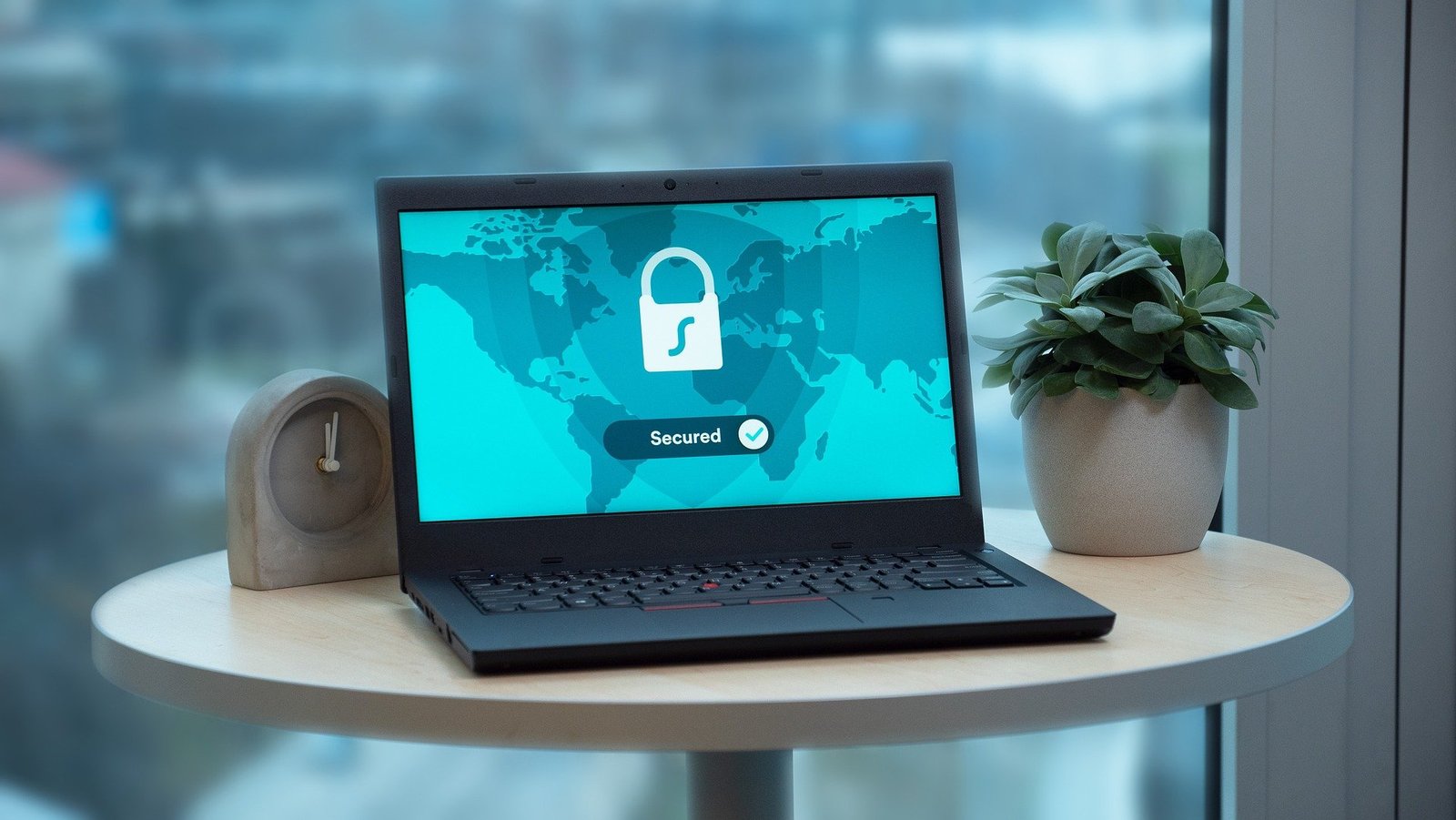
Choosing a VPN provider can be difficult, and it’s important to do your homework. A good place to start is with the company’s privacy policy which should clearly outline what they collect from users and how that information will be used or shared.
If you don’t want this information sold on then choose an appropriate service. Some services sell their user data for advertising purposes just like ISPs. So, make sure you’re comfortable with where exactly your personal details are going before signing up.
A clear privacy policy makes choosing a VPN more suitable. It also:
- outlines different companies’ policies regarding collecting of private info,
- sharing of such info among interested parties (advertisers etc.),
- as well as comfort level in regards to those factors.
Factors to Consider When Choosing a VPN:
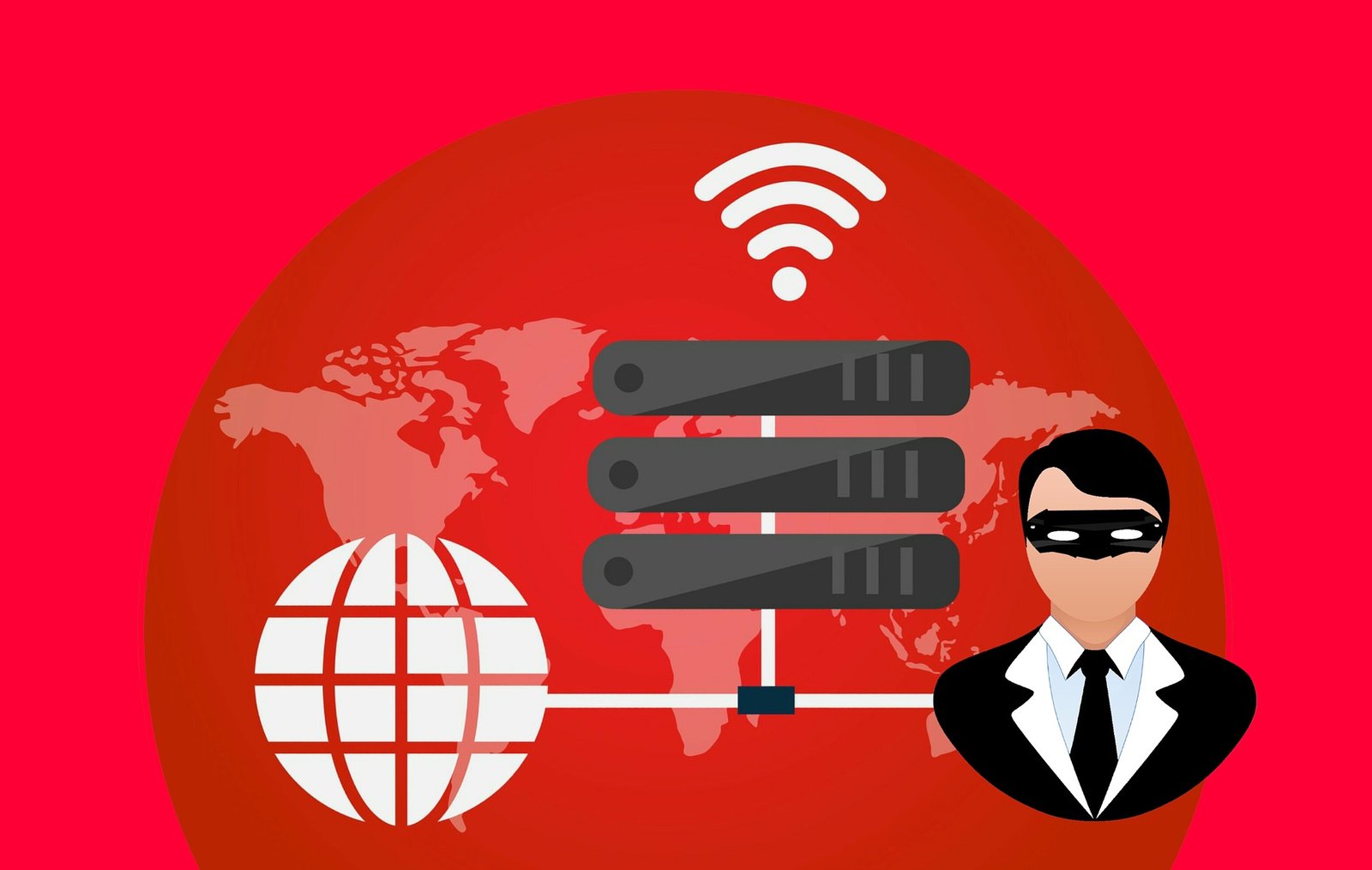
Know where the VPN provider is based to ensure your privacy. Many countries have no laws demanding that providers maintain logs of their users’ activity.
This makes maintaining your privacy more assurable than it would be if you use a location with strict data retention requirements. Or one in an area known for surveillance and censorship practices.
Some companies spoof server locations to make them appear bigger or more varied even though they are actually part of smaller networks. So, research carefully before signing up at any given service!
Custom payment methods. It’s a vicious circle: paying for a VPN with your credit card online before having access to the service could give hackers access to your financial information.
Look for providers that offer unique, custom payment options. Such as PayPal, Bitcoin, AliPay or via the Mac App Store instead of only offering traditional forms like credit cards and personal checks.
Behind the scenes digital wizardry is required to connect a VPN. A great open source option for this would be Tunnelblick. But most people just want their VPN service to work with minimal frustration without any learning curve involved.
Look for an easy-to-use Mac client offered by your chosen provider. Also, behind the scene action taking place on how it functions and operates through its use of digital technology like encryption protocols used in tunneling data packets over networks.
Such as IPsec or Point To Point Tunnelling Protocol (PPTP) which dynamically encrypts each packet. Thus, making them unreadable even if discovered along the way into decrypting our messages at both ends.
Also Read: InPixio Photo Studio Mac Review: Photo Editing Made Easier
FAQ’s on Best VPN Services For Mac
[sc_fs_multi_faq headline-0=”h2″ question-0=”Which VPN does Apple recommend?” answer-0=”The latest version of ExpressVPN has by far the best overall connection speeds we’ve seen. Its performance in every major region we tested was excellent including Europe, the U.K., the United States, and Asia.” image-0=”” headline-1=”h2″ question-1=”What is the best free VPN for Mac?” answer-1=”ProtonVPN Free. ProtonVPN For Mac is one of the best free VPNs for Mac of 2021 because it’s one of the only free VPNs that offers unlimited usage in the free version. … Hide.me. … Hotspot Shield Free. … Windscribe. … Atlas VPN. … TunnelBear. ” image-1=”” headline-2=”h2″ question-2=”Does Mac have built-in VPN?” answer-2=”Macs do not have their own built-in VPN. While the System Preferences interface enables you to establish a connection to a VPN server, the actual services are delivered by VPN providers.” image-2=”” headline-3=”h2″ question-3=”How do I setup a VPN on a Mac?” answer-3=”On your Mac, choose Apple menu > System Preferences, then click Network . Click the Add button in the list at the left, click the Interface pop-up menu, then choose VPN. Click the VPN Type pop-up menu, then choose what kind of VPN connection you want to set up, depending on the network you are connecting to.” image-3=”” headline-4=”h2″ question-4=”What is the shared secret for VPN on Mac?” answer-4=”A pre-shared key (PSK) or shared secret is a string of text a VPN (virtual private network) or other service expects to get before it receives any other credentials (such as a username and password). … A shared secret is thus a kind of password, albeit a weak one known by a large number of people.” image-4=”” count=”5″ html=”true” css_class=””]
Conclusion
VPN providers with a wide variety of servers around the world ensure data flows smoothly. It allows you to choose from multiple server locations at home or internationally, spoofing your location. This helps you can access region-restricted content easily.
With a VPN, you can protect all of your devices and secure them while at home or on the go. To get this protection for everyone in your household, make sure to purchase licenses for multiple devices before investing in a subscription plan.
In this article, I highlighted the best VPN services for Mac with pros and cons. You should thoroughly checkout the features before choosing a VPN.


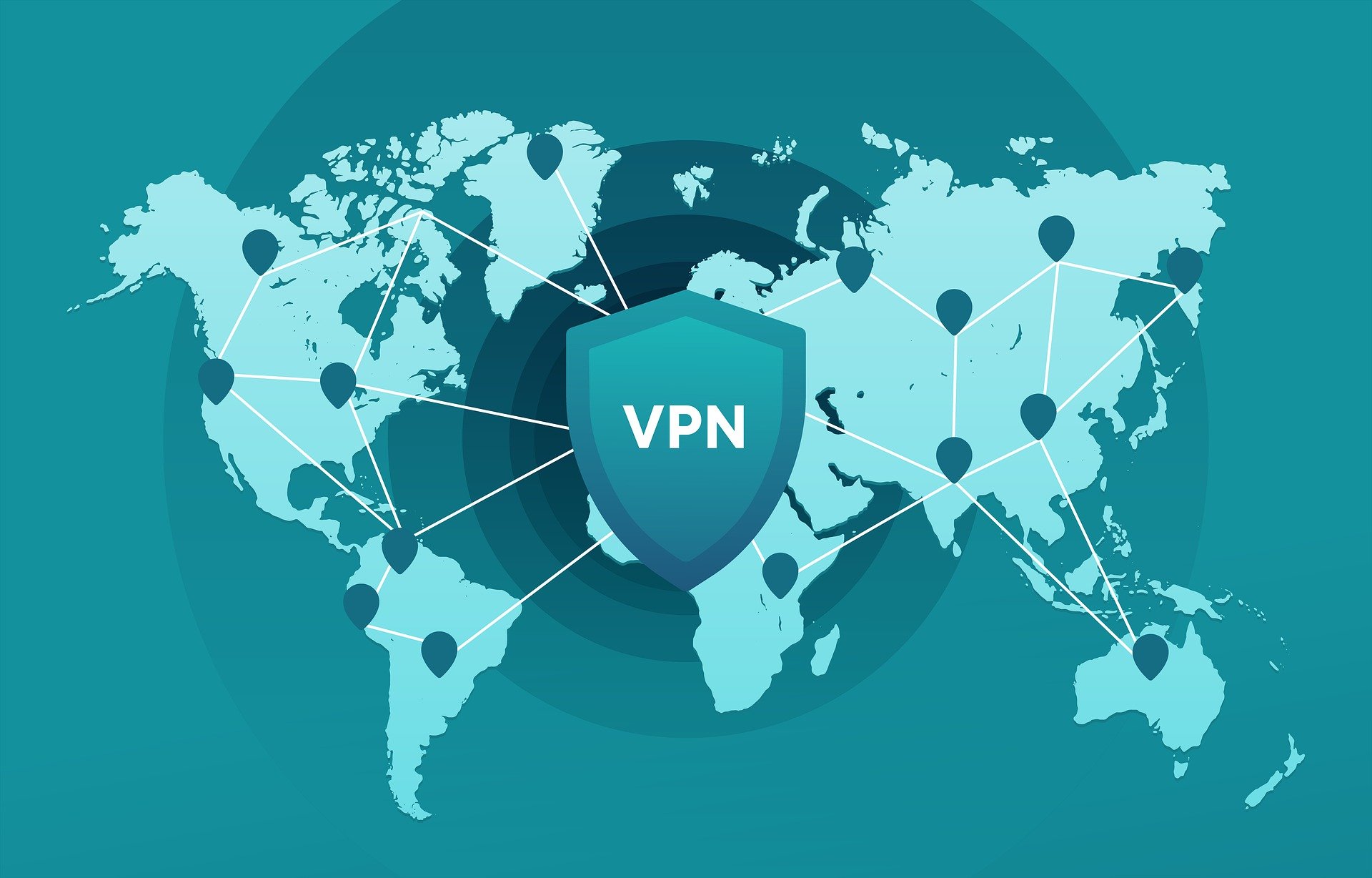
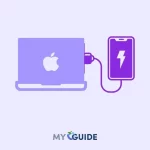
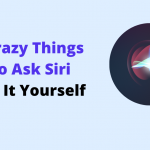


![TablePlus Review [year]: Features, Pricing, Pros & Cons](https://myappleguide.b-cdn.net/wp-content/uploads/2025/07/TablePlus-Review-Features-Pricing-Pros-Cons-150x150.webp)


